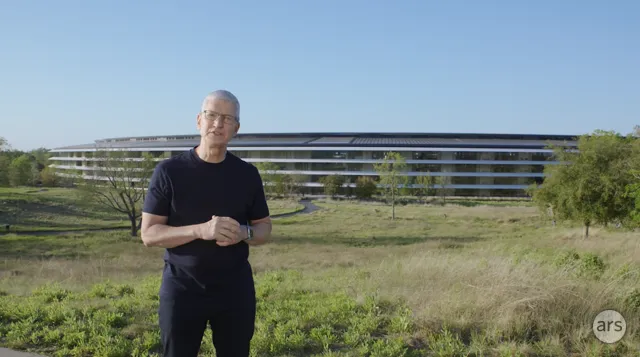The Information released an extensive report today detailing Apple CEO Tim Cook’s efforts to forge a strong relationship between Apple and Chinese government officials and agencies.
Citing interviews and direct access to internal Apple documents about Cook’s repeated visits to China in the mid-2010s, the report describes a $275 billion deal in which Apple committed to invest heavily in the country’s technology infrastructure and training.
The non-binding five-year deal was signed by Cook during a 2016 visit, in part to ease or prevent regulatory action by the Chinese government that could have a significant negative impact on Apple’s operations and business in the country.
The information details the nature of the Chinese government’s priorities included in the 1,250-word deal:
These included a commitment to help Chinese manufacturers develop “the most advanced manufacturing technologies”and “support the training of top-notch Chinese talent.”
In addition, Apple has promised to use more components from Chinese suppliers in its devices, sign agreements with Chinese software makers, collaborate on technology with Chinese universities, and invest directly in Chinese technology companies.. . Apple has promised to invest “many billions of dollars more.”than what the company was already spending annually in China. The agreement stated that a portion of the money would be used to build new retail stores, research and development centers, and renewable energy projects.
To date, Apple has mostly honored its end of the agreement, and the article details exceptional cases where Apple has benefited from a strong relationship in successfully circumventing the restrictions that are typically placed on foreign companies.
For example, encryption keys for iCloud user data in this region are controlled by Apple despite government efforts to encourage, pressure or force foreign companies to transfer responsibility for this data to Chinese companies. On the other hand, Apple’s commitment to abide by the rules and policies of the Chinese government was part of the deal, and Apple often complied with requests to take down apps and content that go against the government’s priorities and goals.
Chinese officials have historically sought to emphasize the health of local and national businesses, and at times have imposed or announced their intention to introduce regulations that make it difficult for foreign companies to operate out of a desire to ensure the success of Chinese businesses. Foreign corporations often have to make a strong case that their success will be shared with local companies in order to avoid these outcomes.
Apple fared better in China than most comparable U.S. tech companies, and the report argues that this is largely due to Cook’s lobbying, deal-making and relationship-building. In fact, Cook’s strength in this area has been so important to Apple’s global success that some members of Apple’s leadership are worried about the company’s future success if Cook leaves in the future.
In other words, while former Apple CEO Steve Jobs may be best known for effectively discovering and popularizing new product categories, Cook may ultimately be remembered most for turning Apple into a more advanced, efficient, and profitable global business. than ever before. If so, it was due to this approach to closing deals, as well as great skill in the logistics of supply lines. (Cook was also the chief architect of Apple’s current supply chain, which has its roots in China.)
The Information notes that China accounts for 19 percent of Apple’s total sales, up four points from a year earlier. It also cites data from Counterpoint Research, according to which Apple has recently become the largest smartphone brand in China.


